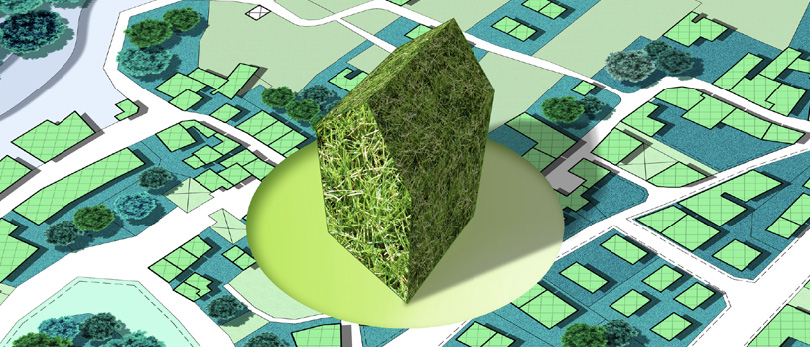By John Rosshirt, CRS
Since 2008, I have been learning and teaching about green and sustainable homes and home developments, both in my role as a REALTOR® and as a subject-matter expert for the National Association of REALTORS® (NAR). In the early days, I studied how builders were trying to apply solar energy to residential properties here in Austin, Texas, then attended national conferences on related topics and learned how that would affect property owners. At one point I was on NAR’s Land Use Committee, revising its policy on climate change. What I noticed was that everybody on the committee was just one or two connections away from someone who was directly impacted by a climatic event, whether it was hurricanes, river flooding, sea level rise, wildfires and so on. More and more members were and are affected by what’s going on.
Sustainable Home Improvement Suggestions
- Roof insulation
- High performance windows
- Low-flow water fixtures
- Induction cooktop
- Efficient lighting
- Efficient appliances
- Air filtration and ventilation
- Solar panels
- Wall insulation
- Upgraded heating and cooling systems
Now, we are at a point where many people in the market are paying close attention to living sustainably and they want their homes to support that. The eLearning class Eco Living: High Performance Homes is a great introduction for CRSs who want to work with this market segment.
First, the class defines a high-performance home as one in the top 25% of homes for quality and comfort and that performs the way it’s been designed to keep its occupants safe and comfortable. These homes may have green elements, such as active or passive solar, but not necessarily. They likely will have, however, good insulation, excellent air quality, use sustainable building materials and operate at a reasonable cost.
Higher price range homes may have more sophisticated systems. But a high-performance home can be relatively inexpensive. What is important for CRSs to understand is the value of such a home and how to promote that to buyers. Homeowners who have invested in these systems and materials want a buyer who is going to appreciate—and pay for—those features.
This class also offers advice about developing resources that will help you properly evaluate these homes. If your buyer is looking at a house with solar, do you have somebody who can inspect the solar power system? Do you have an AC professional who understands state-of-the-art newer systems? If you are representing the seller, you need to make sure you have a qualified appraiser for a high-performance home. (The NAR GREEN class spends two full days on these topics, and I highly recommend it.)
We’re talking about basic prosperity; if owners are spending less on energy, they can spend more on upkeep of their home. One of the great feelings I have had is to return to a home years later to see that owners have implemented my suggestions, allowing us to sell the home for a premium—no matter what the market.
Check out more education offerings from John Rosshirt, CRS, at CRS.com/learn.
Photo: iStock.com/Francesco Scatena








